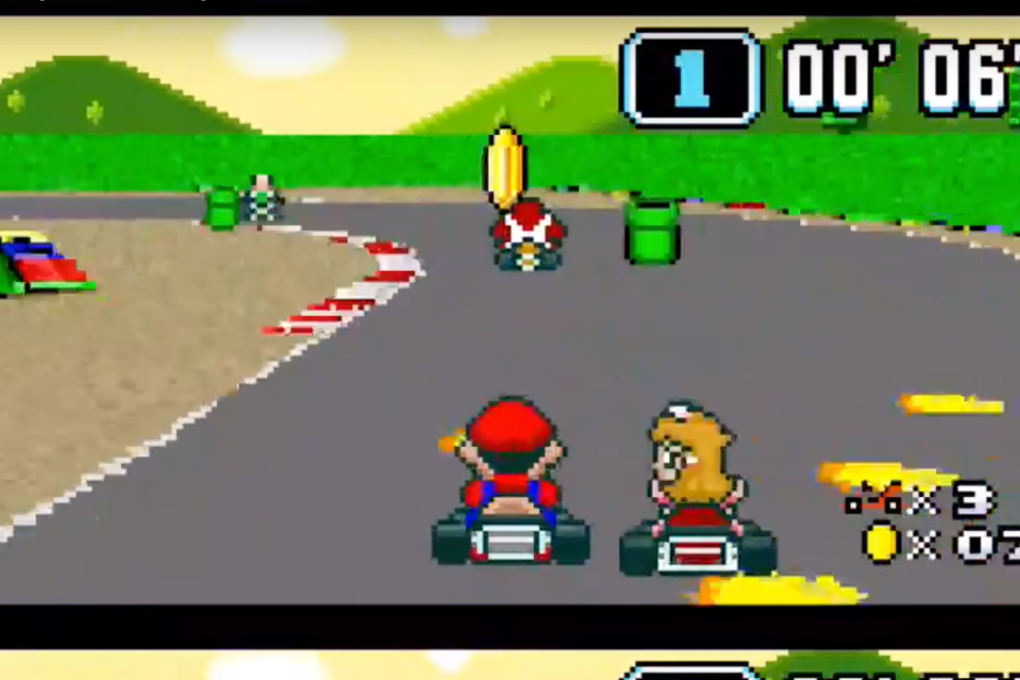The unlikely story of how one game designer found her Destiny
“I didn’t think it was possible for me to make games”

Of course, reality rarely matches childhood dreams -- especially in an industry that’s changed as much as gaming. Instead of a handful of people doing everything, modern games are built by hundreds of people.
That’s why I was so happy to get the chance to speak to a professional. M.E. Chung is a game director at Bungie, where she currently works on the Destiny series. And what better way to speak to a game designer then to talk while playing classics like Super Mario Kart?
Like me, Chung grew up playing games. Unlike me, she never thought about making them… even though it was apparently obvious to everyone else around her.
“When we were playing any games, I was the one on the side not getting to play,” Chung told me. “So instead I’d draw levels and write the maps.”